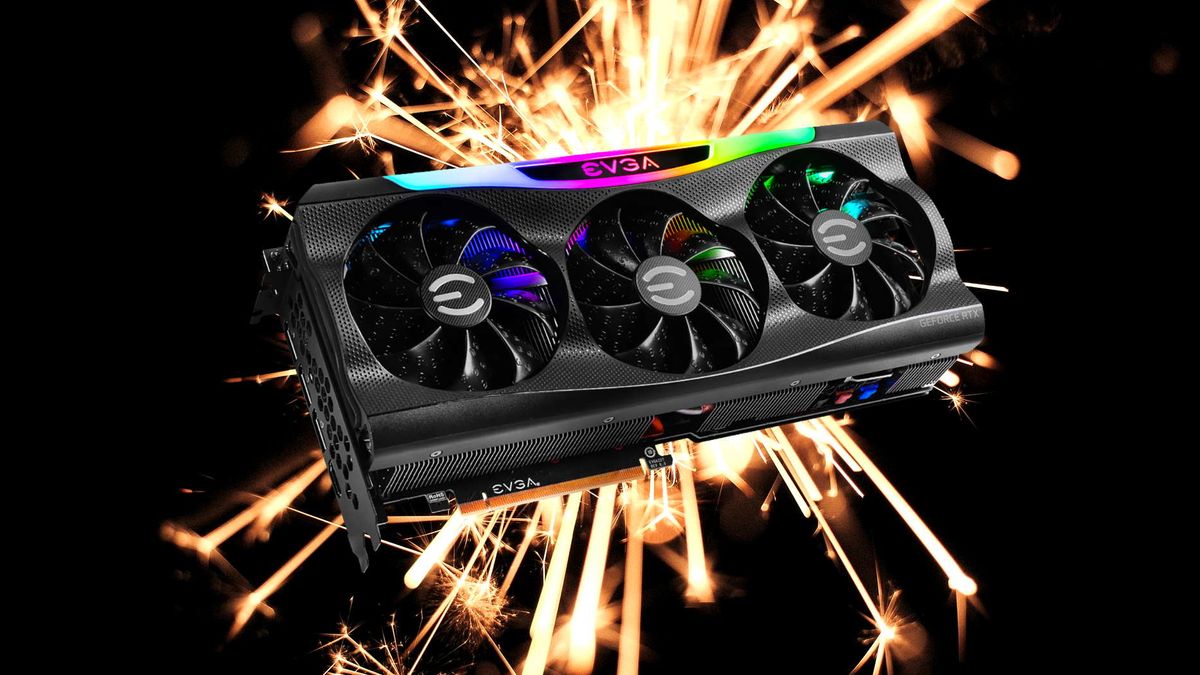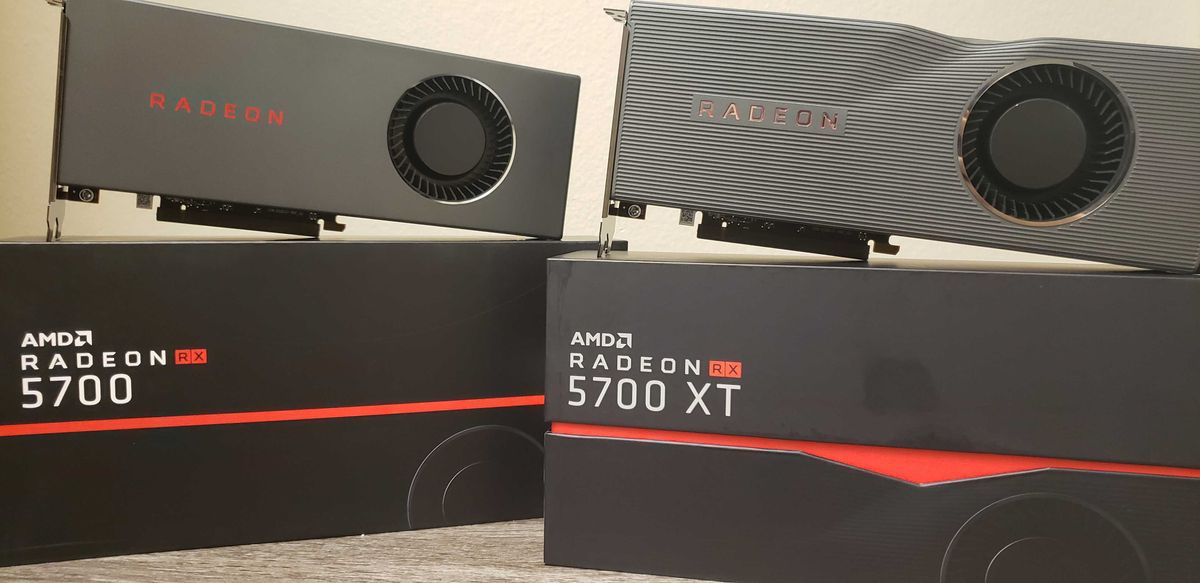Proper statistics is that the survey should run randomly, with no way to circumvent that. It doesn't matter that you just upgraded hardware! You're still just a single potential sample point. If it ran automatically for everyone that swapped a component, it would skew massively toward new hardware.
The real problem is that Valve has never given any fully clear indication of how it does the sampling. Is it truly random, like it should be? We don't know. Probably. But then you were able to give instructions that show how to circumvent the random sampling. How many people are using that to mess up the data gathering, and can Valve do anything to eliminate those results? Again, we don't know.
What Valve should do is provide some formalized statement on the statistics used. Something like: "We use random sampling, gathering data from over 100,000 selected Steam PCs every month. This gives us a 95% confidence level and helps to explain minor month-to-month fluctuations."
It would also be good to automatically pull out any GPU with over 0.01% of the market share. It
looks like Valve does this
on the API page, but I seriously doubt that's correct. Otherwise, why are there still 0.73% of GPUs that are "unknown," and are you really telling me that the 7900 XTX has 0.23% (but doesn't show up on the API pages!), while the 7900 XT and 7600 have less than 0.01%? I call shenanigans!
More critically, why do all of the numbers for DirectX 12 sum up to 89.92% in August? That literally makes zero sense. I could see if the numbers summed to maybe 98% or more, but there are only 213 GPUs for DX12. With a maximum 0.01 rounding error, that means only a 2.13% total error would be possible. That would require every GPU to be rounded down from for example 0.0199 to 0.01, and the total would still sum up to around 98%. Which means Valve is doing something else, without explanation. (And the Vulkan numbers are even more stupid, as they sum up to around 180% total — looks like everything gets counted twice.)







